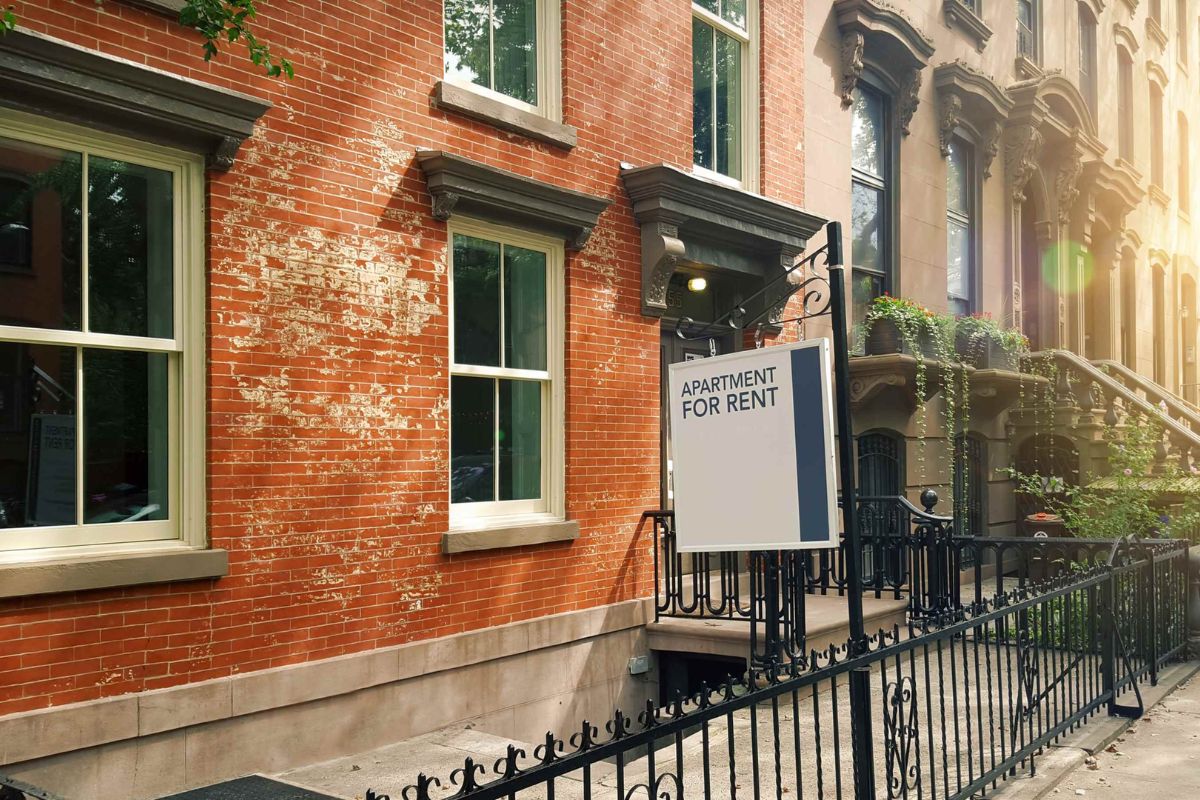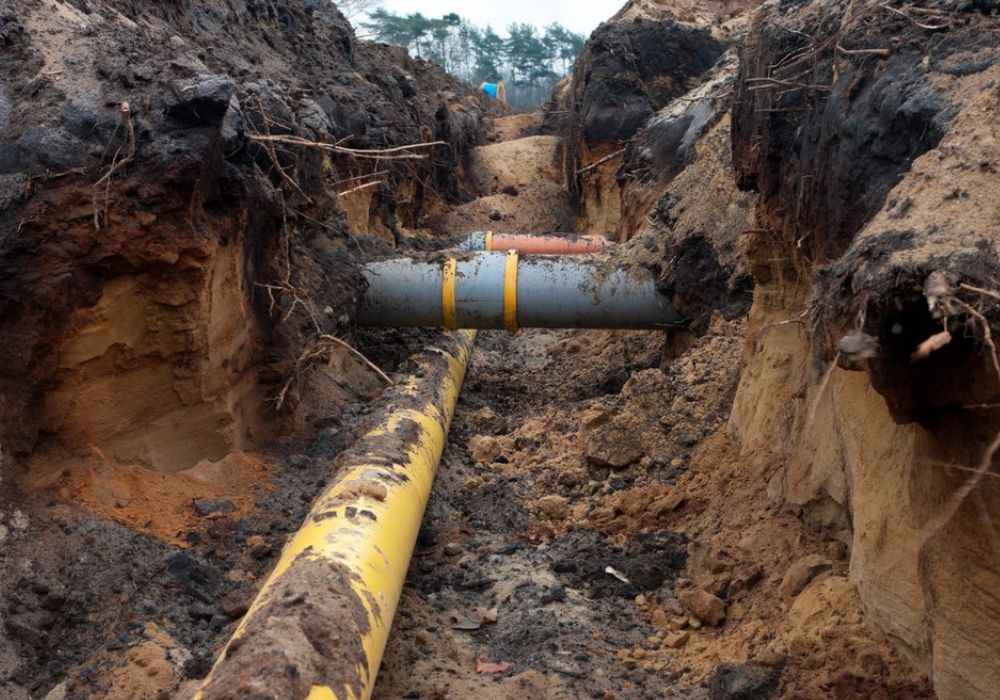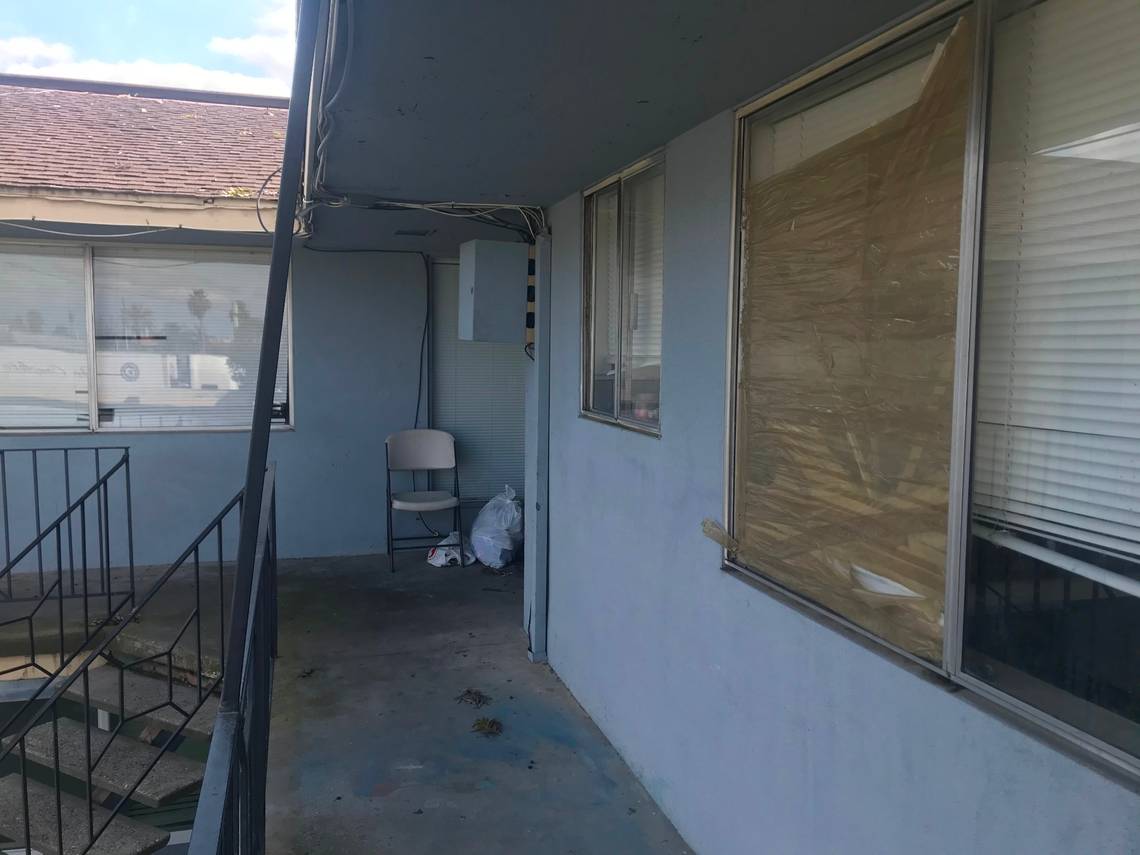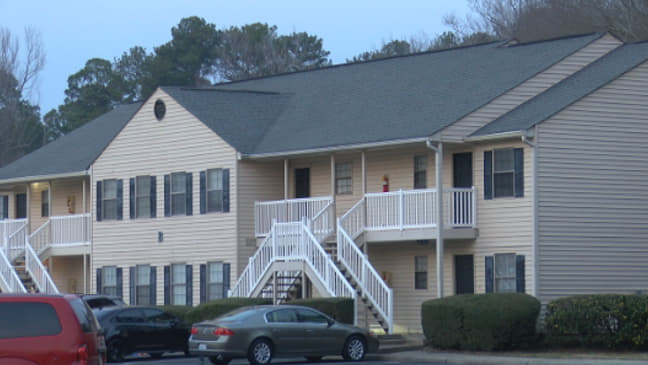Finding an apartment to rent can be a challenging task, but it becomes even more difficult when you have a bad credit history. Many landlords and property managers use credit checks to assess a prospective tenant’s financial reliability, and a low credit score may raise concerns about your ability to pay rent on time. However, having a bad credit history doesn’t mean you’re doomed to live without your own place. With the right approach, you can find a rental and reassure landlords that you’re a responsible tenant, even if your credit score isn’t perfect. Below are some effective strategies to help you rent an apartment despite a bad credit history.
1. Be Upfront About Your Credit Situation
Honesty goes a long way when dealing with landlords or property managers. If your credit score isn’t great, it’s better to be upfront about your situation rather than letting the landlord discover it on their own through a credit check. Explain why your credit score is low and highlight any mitigating factors, such as past financial hardship (e.g., job loss, medical bills, or a divorce) that may have contributed to the poor score.

How to Approach the Conversation:
- Be proactive and address the issue before the landlord asks.
- Explain the reasons behind your bad credit without going into too much personal detail.
- Emphasize any positive changes in your financial situation, such as a new, stable job or improved spending habits.
- Show the landlord that you’ve learned from past mistakes and are taking steps to rebuild your credit.
By being honest about your situation, you’ll likely come across as responsible and transparent, which could work in your favor.
Read more: How to Rent an Apartment With No Credit?
2. Provide Proof of Income and Financial Stability
If your credit score isn’t ideal, you’ll need to show the landlord that you have a reliable income and can afford to pay the rent. Demonstrating that you have steady employment and earn enough to comfortably cover your monthly rent will help alleviate concerns that your bad credit reflects financial instability.
What You Can Provide:
- Recent pay stubs or proof of employment.
- Bank statements showing a healthy savings balance.
- A letter from your employer verifying your salary and job security.
- Any additional income streams (e.g., freelance work or investments).
If you can demonstrate that your current income is sufficient and stable, many landlords will be willing to overlook your bad credit.
3. Offer a Larger Security Deposit
Landlords worry that tenants with bad credit may default on rent, but offering a larger security deposit can help reassure them that you are serious about paying on time. A larger deposit, typically one to three months’ rent, acts as a safety net for the landlord in case of missed payments or property damage. This upfront payment shows your commitment to meeting your rental obligations despite your credit history.
How to Approach Offering a Larger Deposit:
- Propose the larger deposit during your initial conversation with the landlord to demonstrate good faith.
- Clearly explain that you’re willing to offer more upfront to offset concerns about your credit.
- Make sure you get a written agreement detailing the conditions under which the deposit would be returned.
Some landlords are legally restricted from asking for a security deposit beyond a certain limit, but many will accept a larger deposit when it’s voluntarily offered. This is a great strategy to strengthen your application.
4. Provide References from Previous Landlords
A bad credit score may raise concerns for a potential landlord, but strong references from previous landlords can help counterbalance that. If you have a history of paying rent on time and maintaining good relationships with past landlords, ask them to provide a letter of recommendation or be available for a reference call.

What Your Reference Should Include:
- Confirmation that you consistently paid rent on time.
- Details about your reliability as a tenant (e.g., keeping the property in good condition, following lease rules).
- A statement about your overall character and trustworthiness.
Landlord references can give property owners confidence that you’ll be a responsible tenant, regardless of your credit score. If you’ve had positive rental experiences in the past, use them to your advantage.
5. Find a Cosigner
Having a cosigner with good credit can be a major asset when trying to rent with bad credit. A cosigner is someone, typically a family member or close friend, who agrees to sign the lease with you and guarantees that they will pay the rent if you’re unable to. This reduces the risk for landlords, as they have someone with strong financial standing backing up your lease.
Tips for Finding a Cosigner:
- Ask someone who trusts you and understands your current financial situation.
- Make sure your cosigner is financially stable and has good credit.
- Clearly explain the responsibilities of being a cosigner, including the legal obligation to cover the rent if you default.
Not all landlords will accept a cosigner, but many will be open to the idea if it provides extra security. Just be sure you don’t burden your cosigner by missing rent payments—this could damage your relationship and their credit score.
6. Look for Private Landlords
Many large property management companies have strict guidelines that include credit score requirements. However, private landlords (individual property owners) may be more flexible and willing to work with tenants who have bad credit. Private landlords often don’t have the same rigid application processes, and they may be more interested in your income, rental history, and personal references than in your credit score.
Where to Find Private Landlords:
- Browse Craigslist, Zillow, or other rental websites that list private properties.
- Look for "For Rent" signs in neighborhoods you're interested in, and reach out directly to owners.
- Ask friends, family, or colleagues if they know any private landlords with available properties.
When dealing with a private landlord, make sure you have all your documents ready to show that you’re a responsible and reliable tenant, even if your credit is less than ideal.
7. Search for “No Credit Check” Apartments
Some landlords and property management companies offer “no credit check” apartments, especially in areas where demand for rentals is lower. These listings typically focus on income verification and rental history rather than credit scores, which can make them more accessible to people with bad credit.
Where to Find No Credit Check Apartments:
- Search websites like Craigslist and Facebook Marketplace, as private landlords often advertise no credit check rentals there.
- Check smaller, independent property management companies that may not have strict credit requirements.
- Look for listings in less competitive neighborhoods, where landlords may be more lenient about credit checks.
While no credit check apartments can be a good option, be sure to carefully vet any listings to avoid scams or subpar housing conditions.
8. Be Ready to Sign a Shorter Lease
Some landlords might be hesitant to offer a long-term lease to a tenant with bad credit, but they may be open to offering a shorter lease (e.g., three to six months) to see how things go. This can be a win-win situation, as it gives you an opportunity to prove yourself as a reliable tenant, and the landlord can reassess after the initial lease term.

How to Propose a Shorter Lease:
- Suggest a trial period or a shorter lease to show that you’re confident in your ability to pay rent on time.
- Make it clear that you’re interested in extending the lease if the initial period goes well.
- Use the shorter lease term to build a good relationship with the landlord and demonstrate your reliability.
While a shorter lease may require some flexibility on your part, it can serve as a stepping stone to a longer-term agreement.
9. Improve Your Credit Over Time
While you can’t fix a bad credit score overnight, taking steps to improve your credit can help you in the long run. Paying down outstanding debts, keeping your credit card balances low, and making all payments on time will gradually improve your credit score. Over time, this will make renting easier and open up more options for you.
How to Improve Your Credit:
- Pay off any overdue accounts or bills.
- Stay current on all payments, including utilities, loans, and credit cards.
- Avoid applying for new credit unless absolutely necessary.
- Keep your credit utilization (the amount of credit you're using compared to your total credit limit) as low as possible.
By focusing on improving your credit score over time, you’ll not only make renting easier but also improve your overall financial health.
Read more: Renting With Bad Credit But High Income?





